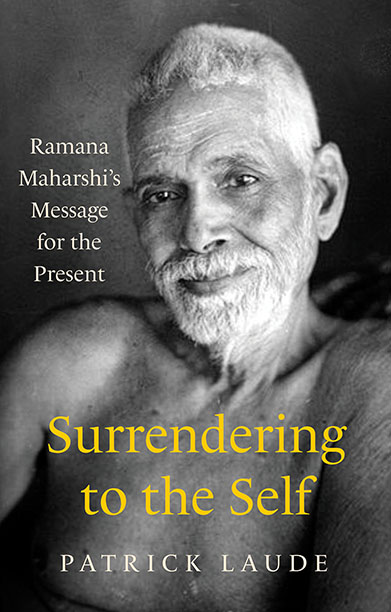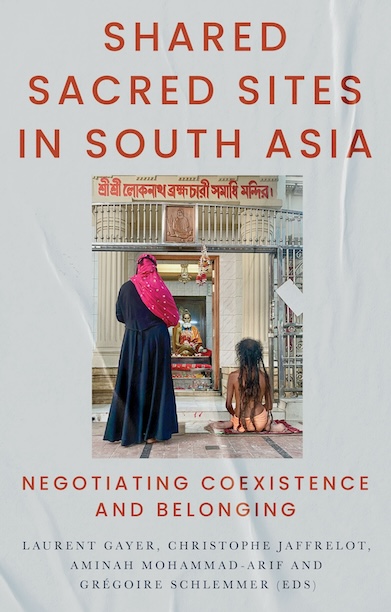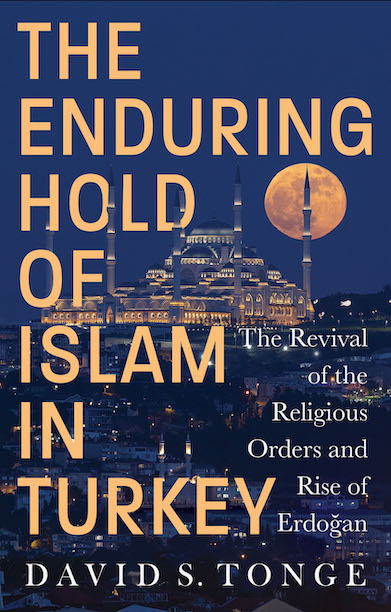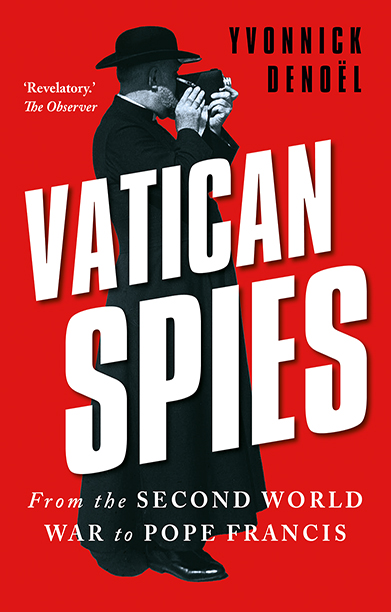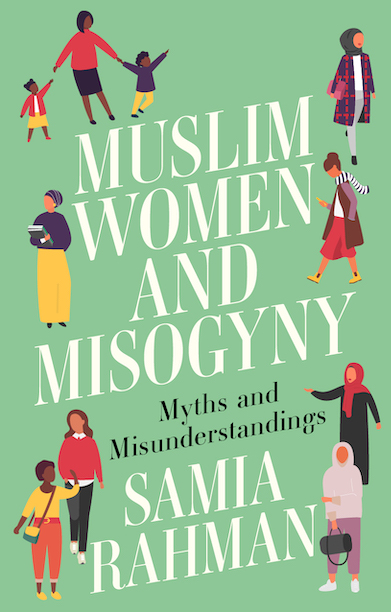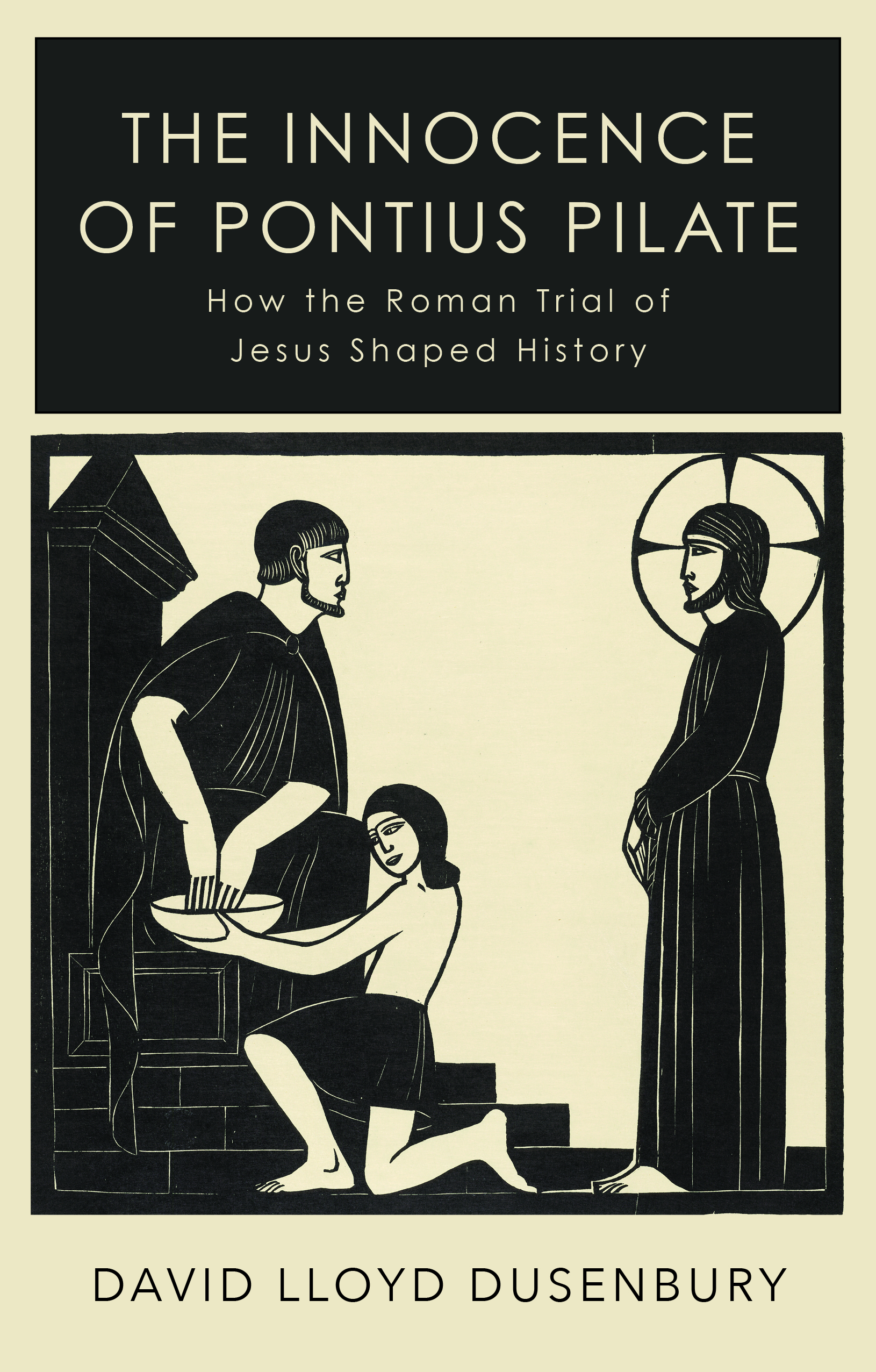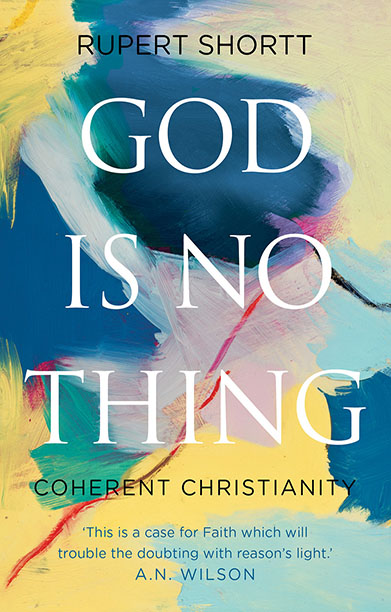Surrendering to the Self
Ramana Maharshi's Message for the Present
A close examination of how Ramana Maharshi conceived of religion in general and how he situated it within the framework of Hindu Self- knowledge.
Description
The Indian sage Ramana Maharshi (1879- 1950) is perhaps the most widely known Indian spiritual figure of the last century, second only to Gandhi. This new book offers a fresh introduction to the Maharshi’s life and teachings, intending to situate him within the non-dualistic traditions of Hinduism. It also delves into themes and questions particularly relevant to the spiritual crisis and search for meaning that have characterised, in various ways, both the modern and postmodern outlooks.
While the Maharshi’s background and frames of reference were traditional, the spiritual resonance of his teachings in today’s world must also be recognised. The sage’s message lies at the intersection of the contemporary search for Self-knowledge, and today’s critical reflections on the foundations and limits of religion. Thus, the book comprises seven chapters that touch upon such central issues as the role of religion in Self-inquiry; the relationship between devotion and knowledge; the role and limitations of traditional forms; and the implications in our postmodern era of both the Maharshi’s emphasis on surrender, and his basic question: ‘Who am I?’
Published in collaboration with
GEORGETOWN UNIVERSITY Center for International and Regional Studies, School of Foreign Service in Qatar.
Reviews
‘Laude explores the life, teachings, and contemporary relevance of Ramana Maharshi, examining how his calls for a spiritual transcendence of the self can fit in with the individualism of the modern world. Richly researched and filled with probing questions, this book has much to offer. Eye-opening.’ — Shashi Tharoor, Indian MP and author of The Struggle for India’s Soul
‘In a welcome addition to existing literature on the Maharshi, Indian philosophy and spirituality, Laude displays a broad knowledge of different religious traditions which he usefully relates to the Maharshi’s thought and experiences.’ — Phillip Lucas, Professor of Religious Studies, Stetson University and founding editor of Nova Religio: The Journal of Alternative and Emergent Religions
Author(s)
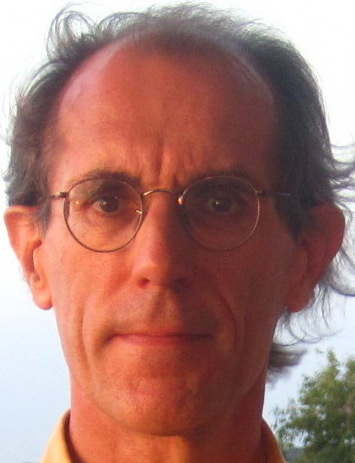
Patrick Laude is a professor at Georgetown University’s School of Foreign Service in Qatar, where he teaches Religious Studies. He studied at the Université Paris-Sorbonne, the Ecole Normale Supérieure and Indiana University, and is the author of over a dozen books on mysticism and esoteric religion.
